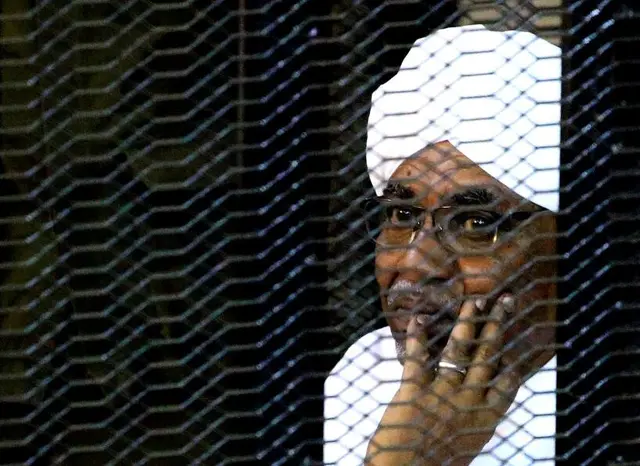Five people succumbed to their injuries on Monday following Sunday night's twin bomb blasts in a densely populated Shia residential area in Pakistan's southern port city of Karachi, bringing the death toll to 45, officials said.
Syed Hashim Raza Zaidi, Commissioner of Karachi, said that unknown militants parked an explosive-laden car outside a residential building in Abbas Town in Karachi, the capital of Sindh province.
He said the car bomb blast that was triggered off by a remote- control device targeted a group of Shia Muslims coming out of a mosque after evening prayer.
Pakistani minority Hazaras community demonstrate against the Karachi bomb attack in southwest Pakistan's Quetta on March 4, 2013. (Xinhua/Mohammad)
The blast leveled two buildings consisting of 200 flats and over 150 shops, and set several buildings ablaze.
Senior Superintendent of Karachi Police Fayyaz said that an estimated 150 kg explosives were used in the attack.
The second blast ensued due to a gas cylinder explosion sparked by the car bombing.
Over 150 injured people were admitted to hospitals with some in critical condition.
Both Pakistani President Asif Ali Zardari and Prime Minister Raja Parvez Ashraf condemned the blast in the strongest terms and directed local administration to provide best possible treatment to the injured people.
Under an order of Ishrat ul Ibad, Governor of Sindh province, an official mourning for the blast victims is being observed with the national flag flying at half-mast at all state-owned buildings across the province on Monday.
All Shia groups in the province have called protest strike on Monday, and major political parties including the MQM, ANP and non- political organizations have announced a three-day mourning.
Transporters and educational institutions also suspended activities.
Pakistani people attend the funeral procession of bomb blast victims in southern Pakistani port city of Karachi, March 4, 2013. (Xinhua/Arshad)
No group has claimed responsibility for the blast yet, but Shia leaders blamed the attack on Lashkar-e-Jhangvi, the banned extremist Sunni Muslim group, which claimed the killing of over 200 Shia Muslims in two separate attacks in southwest city of Quetta over the last two months.
The recent attacks seemed to be retaliation for the arrest of Malik Ishaq, the current head of Lashkar-e-Jhangvi, last month in eastern Punjab province.
Sectarian violence is not unusual in Karachi where lots of people were gunned down in confrontation between Shia and Sunni Muslims, but massive bombing in a Shia community is quite rare in the city.
 简体中文
简体中文

